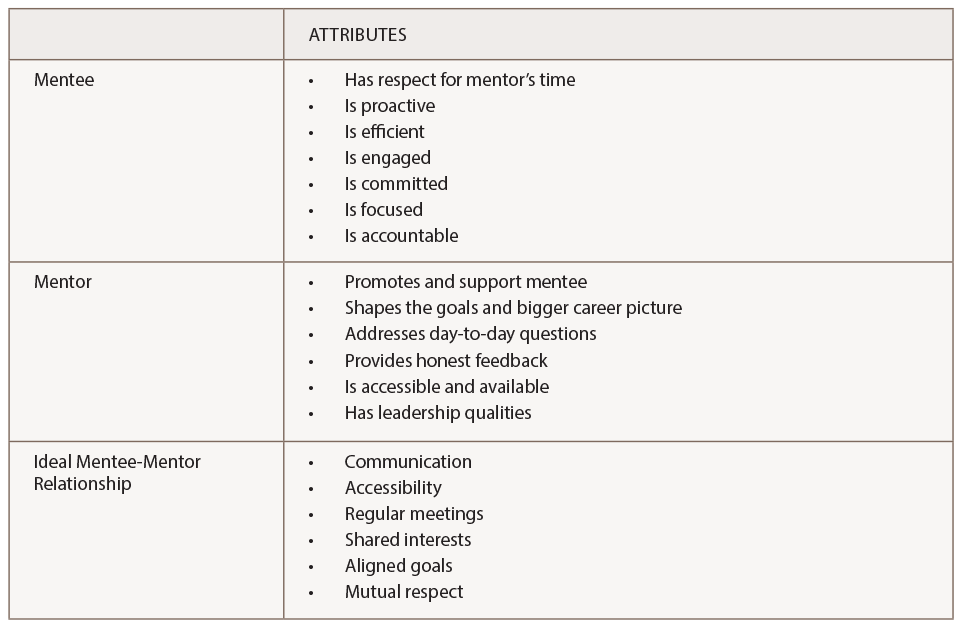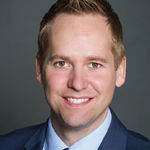Table 1 (below) lists the findings of the focus groups and interviews of the 25 study participants, identifying the attributes of an ideal mentee, mentor and their relationship.

(click for larger image) Table 1: Attributes of a Successful Mentorship Relationship
garagestock / shutterstock.com
According to lead author of the study, Alexis Ogdie, MD, MSCE, assistant professor of medicine and epidemiology, Hospital of the University of Pennsylvania, Philadelphia, the most important aspects of developing a mentoring program are to identify those attributes of mentees and mentors that are important for a successful relationship and to ensure that both mentee and mentor are active participants in the relationship. “In particular, the mentee can really drive the relationship,” she says. “Additionally, more mentors are better than one.”
The study found that mentees who had confidence and showed the attributes listed in Table 1 helped facilitate a successful mentee-mentor relationship. Another important facilitator of a successful relationship was having a diverse network of mentors that fill different roles for the mentee.
The study also identified a number of barriers and challenges to developing a successful relationship, including knowing how to navigate a career path, time restraints, gaining independence, work-life balance, and issues related to competition or misaligned goals between mentees and between the mentee and mentor (e.g., competition for resources, time, and authorship).

Dr. Sparks
Based on the findings of this study, Dr. Ogdie and colleagues are developing an adult rheumatology interinstitutional mentoring program. According to co-lead author of the study, Jeffrey A. Sparks, MD, MMSc, assistant professor of medicine, Brigham and Women’s Hospital, Boston, the investigators have submitted a grant to the ACR for funding a program called Creating Adult Rheumatology Mentorship in Academia (CARMA).
Pending funding, the program could launch this coming summer, says Dr. Ogdie.
“In particular, we plan to match mentees to mentors in the late summer and have a CARMA reception at the ACR/ARHP Annual Meeting, similar to how AMIGO is structured,” says Dr. Sparks.
Lessons Learned from Mentorship Program in Pediatric Rheumatology
“The key is to keep the focus on high-level career mentoring,” says Peter Nigrovic, MD, associate professor of medicine at Harvard Medical School and director, Center for Adults with Pediatric Rheumatic Illness, Division of Rheumatology, Immunology, and Allergy, Brigham and Women’s Hospital, and founding co-chair of the AMIGO program. “That keeps the process fun and easy, which is important for sustainability.”


